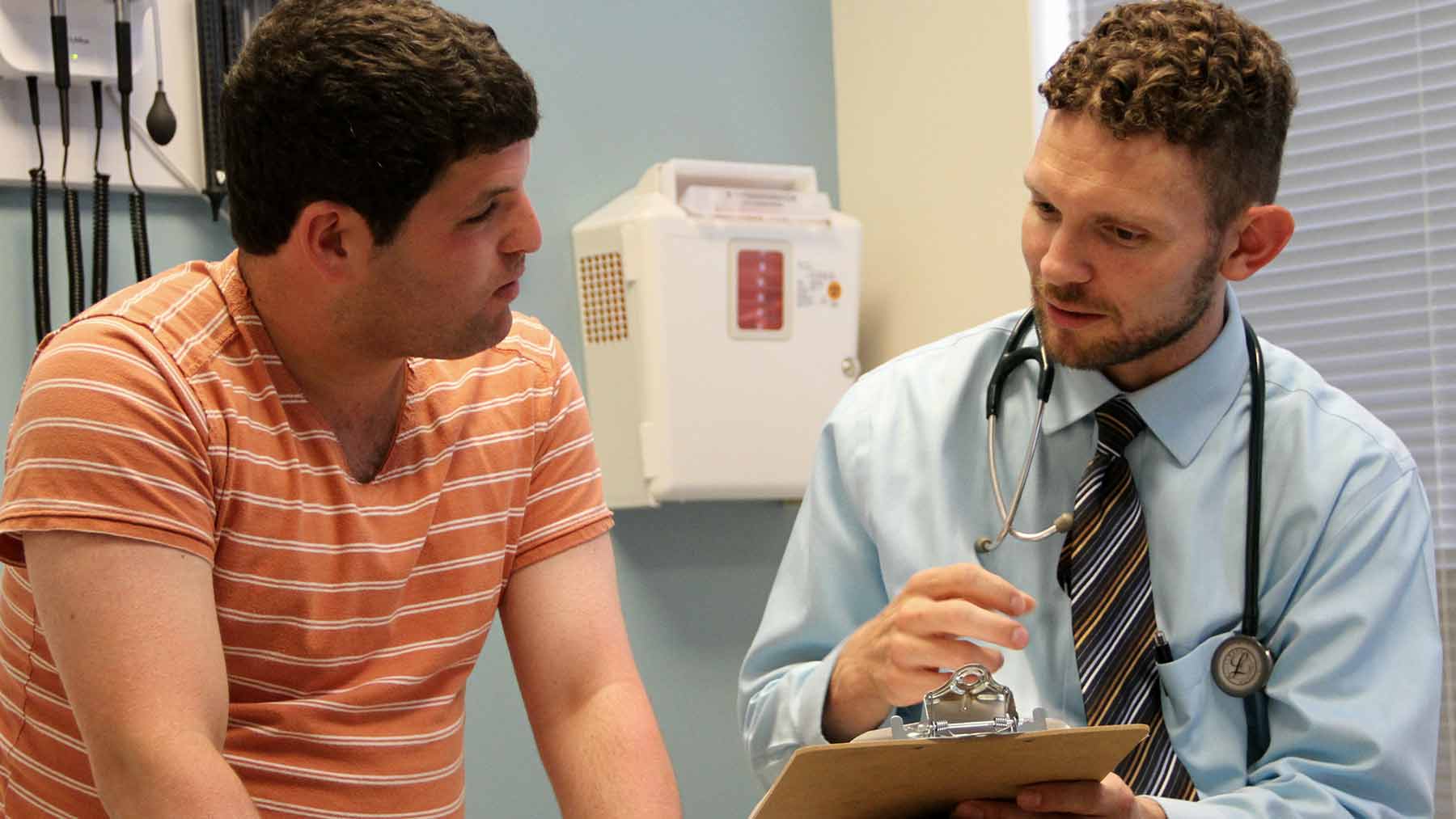How can adults with autism receive more preventive health care services?

Did you know that more than 5 million adults in the United State are on the autism spectrum? A report by the Centers for Disease Control & Prevention estimates that about 2.2% of American adults are on the autism spectrum, which is a lifelong condition. Adults on the autism spectrum often have other physical and mental health conditions that require ongoing health care services.
Adults on the autism spectrum often face barriers to accessing and using such services for a variety of reasons. They may struggle to identify and describe their physical symptoms due to difficulties with sensory processing. Loud, crowded or bright facilities can also serve as barriers for those who are affected by sensory overload.
Additionally, the lack of health care providers who are knowledgeable about autism reduces accessibility of health care for this population.
As the number of adults with autism grows, there’s an urgent need to address the disparity in the receipt of preventive services by developing and testing evidence-based models of health care delivery that may better meet this population’s needs.
To address this need, The Ohio State University Wexner Medical Center developed the Center for Autism Services and Transition (CAST), a patient-centered clinic specifically designed with and for adults on the autism spectrum. CAST is one of only a few places nationally to access primary care physicians with the experience to provide comprehensive, patient-centered care for adults on the autism spectrum.
Our research team wondered if adults with autism who received their care through CAST would receive more preventive care services than national samples of adults on the autism spectrum. We collaborated with researchers at Nationwide Children’s Hospital in Columbus, Ohio, and the Royal College of Physicians and Surgeons in Canada. Our study findings are published online in the Journal of General Internal Medicine.
In our retrospective study of billing data from medical visits, we compared the receipt of preventive services by patients at CAST to national samples of adults with autism who have private insurance or Medicare in the United States.
The preventive services were classified into five categories: general health and wellness; screenings, counseling and therapies; vaccinations; and sexual and reproductive health.
CAST is linked with increased preventive service utilization among adults on the autism spectrum, according to our study. Preventive care is especially important for this population because they’re at higher risk than the general population for many mental and physical health conditions that can be detected, prevented or managed with routine care.
Our study compared 490 CAST patients matched by demographic characteristics to 980 Medicare-enrolled adults with autism and 980 privately insured adults with autism. The median age of the study sample was 21 years old, 79% were male and the median duration of observation was 2.2 years. All CAST patients were residents of Ohio.
We found that CAST patients had significantly greater odds of receiving any preventive service than Medicare- enrolled and privately insured adults on the autism spectrum. CAST patients in our study were also significantly more likely to receive screenings and vaccinations than either Medicare beneficiaries or privately insured patients.
In the future, we plan to do additional research to assess the impact of primary care-based initiatives to improve care and health care outcomes for adults on the autism spectrum.
# # #
Brittany Hand is an assistant professor in Health and Rehabilitation Sciences and Jennifer Garvin is an associate professor and director of Ohio State’s Division of Health Information Management and Systems, both in The Ohio State University College of Medicine’s School of Health and Rehabilitation Sciences.




